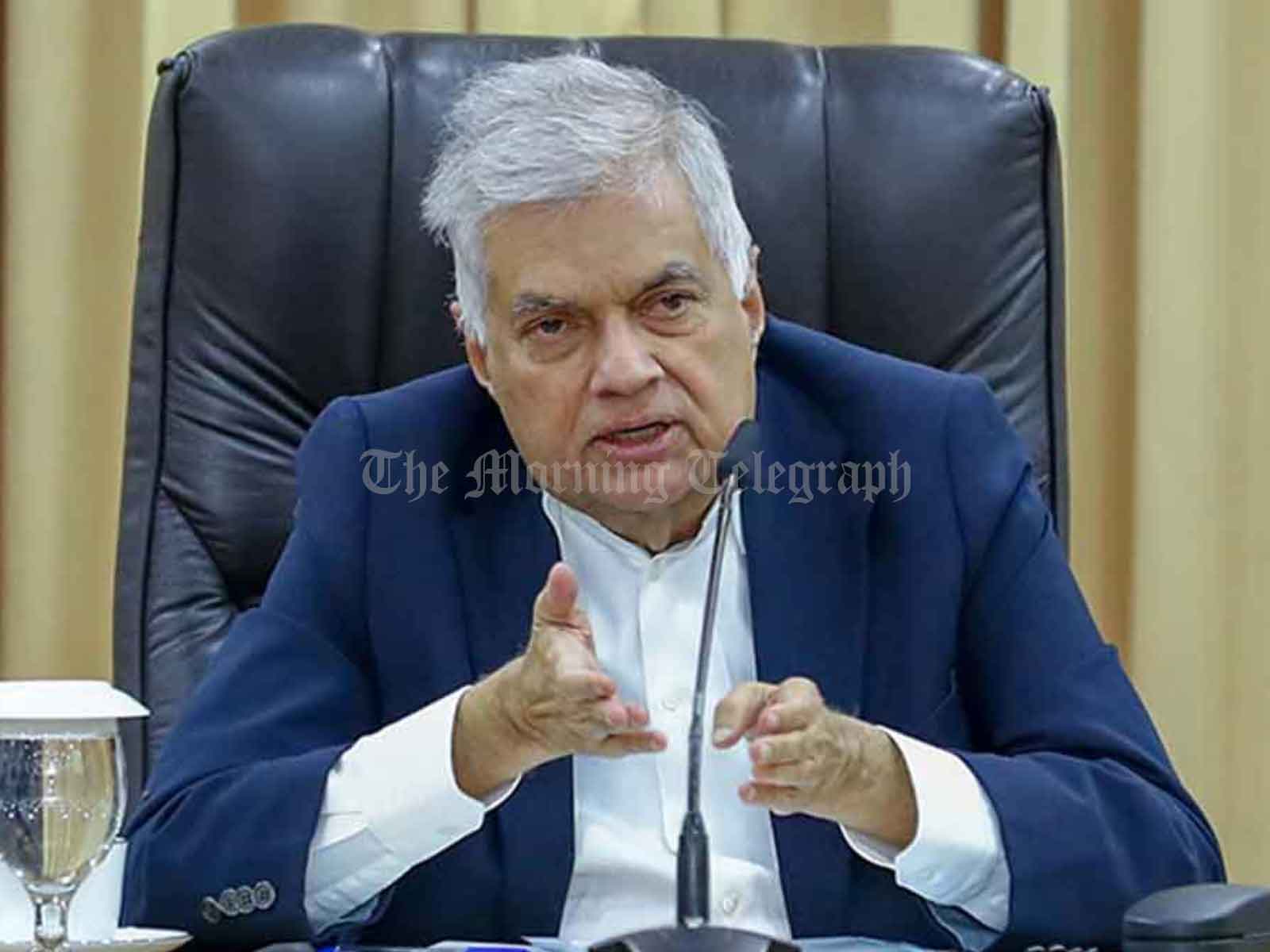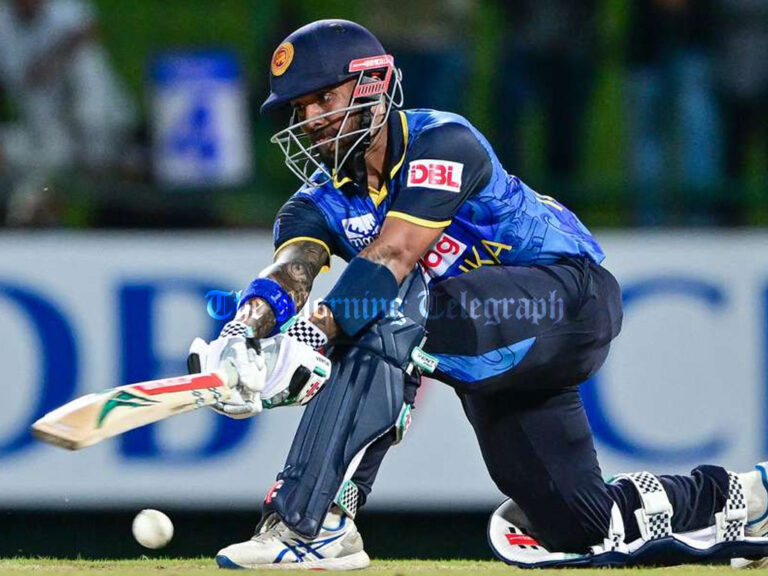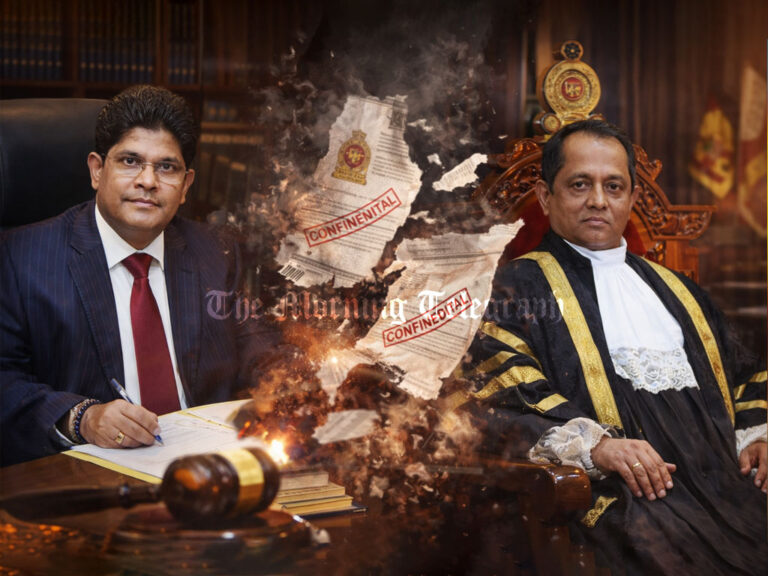
Former President Ranil Wickremesinghe recently delivered a detailed statement on Sri Lanka’s economic outlook, warning of potential dangers if key reforms are not implemented. Speaking from his party office, he emphasized that the new government faces a critical challenge: raising state revenue to 15% of GDP by 2027, up from the current 12%. He noted that achieving this target would require annual economic growth of at least 1%.
Reflecting on his time in office, Wickremesinghe recounted the severe financial crisis he inherited, which forced Sri Lanka to declare bankruptcy due to its inability to service debt. He explained that his administration’s main priority was restoring debt sustainability, leading him to engage in negotiations with the International Monetary Fund (IMF), 18 creditor nations, and private bondholders. These efforts resulted in an agreement reached in early September, which allowed the country to exit bankruptcy and resume business with international banks, as well as secure foreign aid.
However, the former president emphasized that securing the debt agreement was just the first step. The new parliament now bears the responsibility of implementing the reforms needed to sustain the progress made. Among the goals that must be achieved are preparing to repay debt from 2028 onward, raising government revenue to 15% of GDP by 2027, recovering the 2019 GDP level by the end of the year, and increasing foreign exchange reserves to between $10 billion and $14 billion.
Wickremesinghe warned that failing to meet these objectives could lead to another economic collapse, reminiscent of the recent crisis that saw widespread shortages and long queues for essential goods. He stressed the importance of having experienced lawmakers in parliament who understand how to navigate economic challenges. Reflecting on the past two years, he described how he had formed a coalition government that included members from the United National Party (UNP), Sri Lanka Freedom Party (SLFP), and Pohottuwa to manage the country’s financial recovery. He announced that for the upcoming election, representatives from these parties and the New Democratic Party would unite under his leadership to continue the work of stabilizing the economy.
The former president also criticized the lack of consensus in the previous parliament, which he said hindered the nation’s ability to address the economic crisis effectively. He urged the newly elected parliament to work collaboratively across party lines to implement reforms, including anti-corruption measures, to ensure that economic recovery efforts stay on track.
In his concluding remarks, Wickremesinghe made a direct appeal to voters, asking them to support candidates with the experience necessary to guide the country through the recovery process. He emphasized that the outcome of the election will significantly impact the nation’s stability and future. Without decisive leadership and action, he warned, Sri Lanka could return to the severe hardships experienced during the recent economic crisis, such as shortages and long queues for basic necessities.
Wickremesinghe’s message highlighted the urgency of reforms and the crucial role experienced leadership will play in avoiding a repeat of past economic missteps. He called for a united effort to restore public confidence and ensure a stable and prosperous future for the country.




